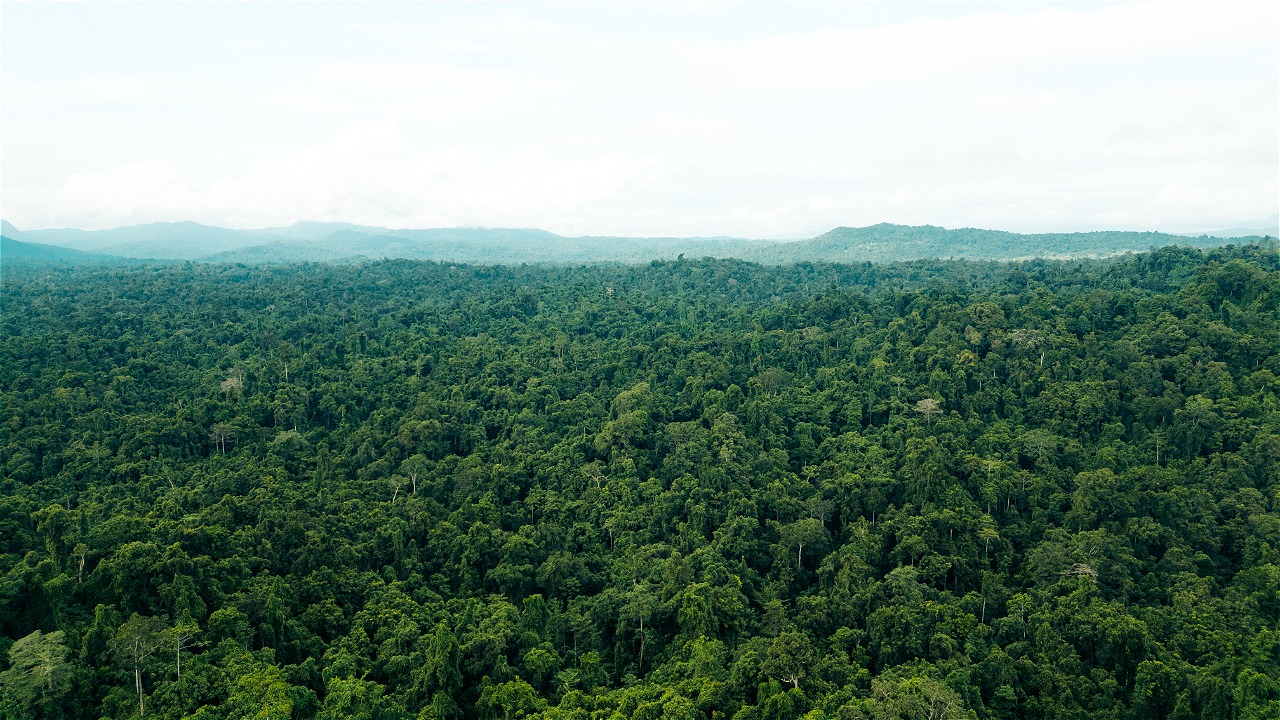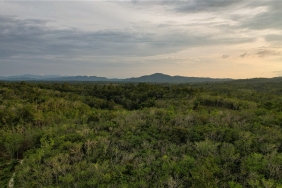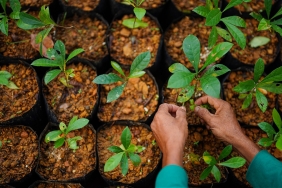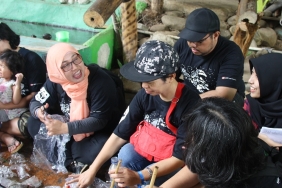GREEN INVESTMENT AND CLIMATE CHANGE MITIGATION
By: Siti Sadida Hafsyah
Climate change is not an inevitable event. To deal with this, in 2015, Indonesia along with 197 other countries that are members of the UNFCCC (United Nations Framework Convention on Climate Change), launched the Paris Agreement which contains global goals in adaptation efforts to climate change. Indonesia followed up on its commitment to climate change mitigation and adaptation efforts by ratifying the Paris Agreement in Law no. 16 of 2016.
Various supporting policies have been issued and some initial commitments from the private sector and local governments have been echoed. The next concrete step is to answer how the current efforts can be realized into the norm of investment activities in Indonesia.
For this reason, KLHK and WWF-Indonesia organized an interactive discussion with the theme: "Realizing Climate Change Investment: Developments, Challenges, and Opportunities". Part of a series of Climate Change Festivals on January 16-17, 2018 in Jakarta.
In terms of the green investment regulatory umbrella, this has been regulated in the capital investment general planning rules. One of the schemes that has been running is through fiscal and non-fiscal incentives provided in the form of tax exemptions and or reductions, dependents of import duties by the government, as well as facilities for import duties, explained Hanung Harimba, Director of Agribusiness and Natural Resources Investment Planning of the Investment Coordinating Board (BKPM). He mentioned five main sectors that have the potential to implement green investment, including infrastructure, agriculture, industry (labor-intensive, import substitution, export orientation, and downstreaming), maritime, and tourism and regions. However, currently the realization of Green Investment is still far from the expected target. For example, the total use of new clean energy amounts to ≤ 2% of its development potential.
Edi Setijawan as Director of Sustainable Finance of the Financial Services Authority (OJK) explained related to the regulation of the financial services sector where OJK strengthened banks to be competitive in their potential to provide financial schemes for green investment Green Investment with the issuance of POJK no. 15 of 2017 concerning Sustainable Finance and POJK no. 60 of 2017 concerning Green Bond. Currently, there are still many development projects that do not meet the requirements to be funded from the private sector. Therefore, blended finance from private funds and public funds and social funds (such as government budgets, grants, and philanthropists) is a solution to access financial funding for green projects.
Based on data from the Climate Policy Initiative (CPI), public funding support has succeeded in increasing private participation in climate change finance, when referring to the global climate change finance map. Meanwhile in Indonesia, the increase is mainly seen in renewable energy technologies such as solar and wind power generation.
WWF sees the Green Climate Fund (GCF), one of the public funding sources, as an opportunity to support the acceleration of green investments that support climate change targets, this was conveyed by Zulfira Warta, WWF-Indonesia REDD+ Project Development Coordinator. One of them is how these funds can be utilized to assist the development of community capacity in producing commodities in a sustainable manner, which at the same time can reduce GHG emissions in the forestry sector.
In terms of investment destinations, Jarot Winarno as Regent of Sintang district, West Kalimantan province, said that Sintang district is one of the regions that supports climate change mitigation and adaptation efforts. Through the development of green economy based on spatial planning in line with the 2017-2021 Sustainable Sintang Action Plan. It is hoped that this will attract new investors and related social funds in increasing the commercial level of a business transaction.
In addition to utilizing existing funds, Rizkiasari Yudawinata, as Responsible Investment Policy Senior Officer, WWF-Indonesia, said that one of the other main challenges faced by financial services institutions today is limited access to information to support decision making on the allocation of funding resources to socially and environmentally friendly projects. At this stage, it is hoped that collaboration can be built by involving various interested parties, especially those who have demonstrated their green commitments so that effective green investment contributing to the government's climate change targets can be realized.
Further information, please contact:
Rizkiasari Yudawinata, Responsible Investment Policy Senior Officer
Email: rjoedawinata@wwf.id
Mobile: +628112344343





